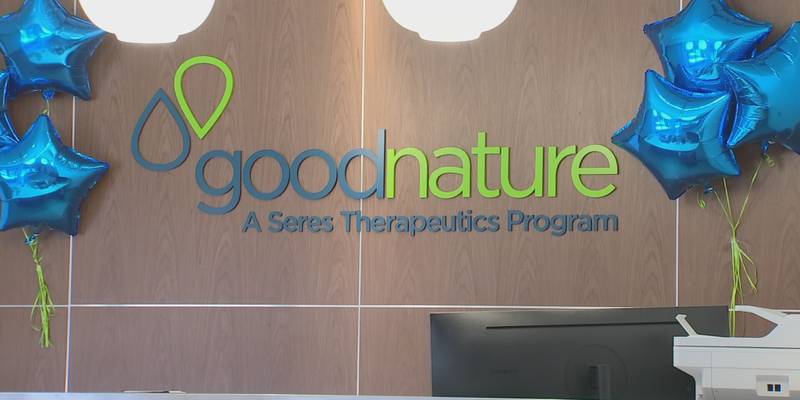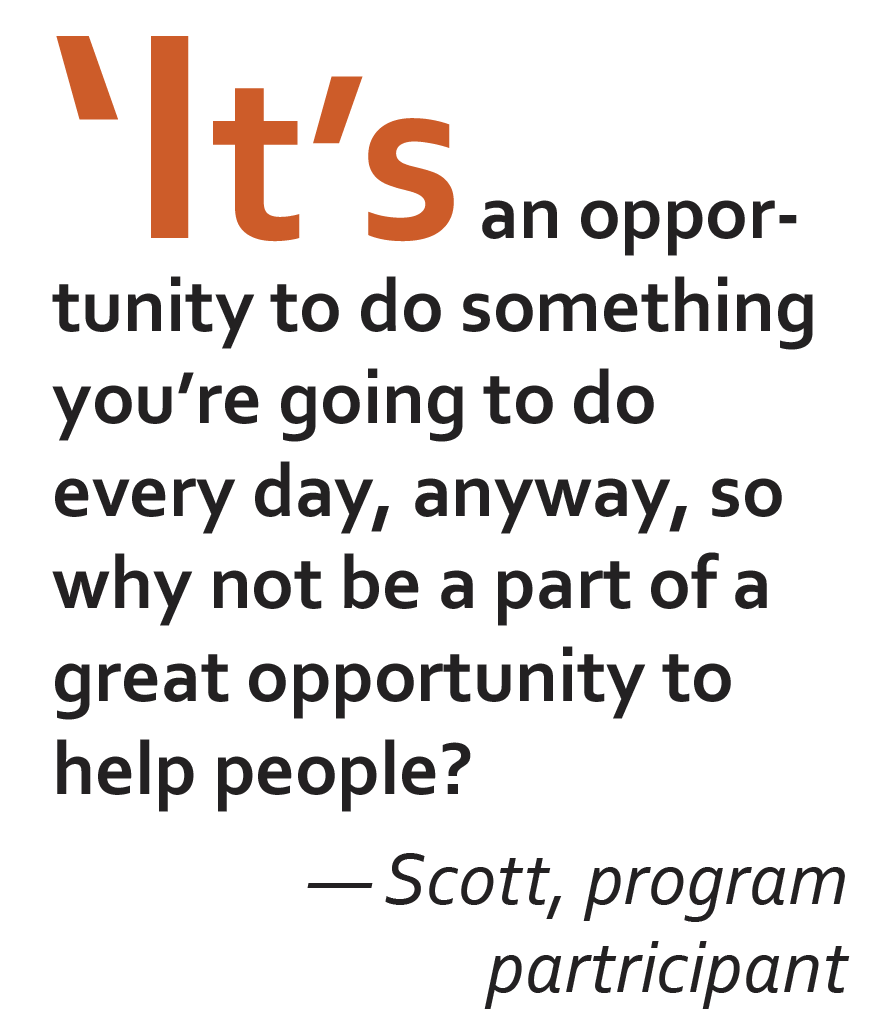
By Nicole Greason, Special for wn.calicoeng.com
Don’t flush it. Donate it.
Folks in and around Tempe now have the opportunity to be altruistic and earn extra money by doing what they do every day: going No. 2.
But instead of flushing it away, they can donate it for use in the development of a treatment for C. difficile, which can cause severe inflammation of the colon and other debilitating symptoms that can lead to death.
GoodNature, a stool‐donation program from biotechnology company Seres Therapeutics, will pay stool donors in Tempe $25-$75 per visit and as much as $1,200 per month.
GoodNature recently opened an 11,845‐square‐foot facility at 725 S. Rural Road, its third such “donor collection” site. The company has others in Irvine, Calif., and Cambridge, Mass., where it is headquartered.
The program collects samples from healthy donors and uses bacteria within to develop investigational microbiome therapeutics for patients with recurrent C. difficile infection, a malady that leads to more than 20,000 deaths each year in the U.S.
“We’re thrilled to bring GoodNature into Tempe, giving residents an opportunity to contribute to the development of an investigational treatment for C. difficile infection while also earning extra money, simply by donating their stool,” said Alex Murray, Seres Therapeutics vice president of commercial manufacturing.
“Our new facility will bring more than a dozen jobs to Tempe, and we look forward to working with the community to do medical good together.”
Program participant Scott, a resident of Newport Beach, Calif., whose last name is being withheld to preserve client confidentiality, donated every day for seven months at the Irvine facility.
He said he saw a GoodNature ad on Facebook and was intrigued. He also discussed it with a friend, whose mother experienced C.diff while undergoing cancer treatment.
“It’s an opportunity to do something you’re going to do every day, anyway, so why not be a part of a great opportunity to help people?” he said.
Scott said he’s been asked about his motivation and being compensated for doing his business.
“That’s not the most important part,” he said. “The most important thing is that you’re contributing to the care of others. These donations are critical to helping make people’s lives better.”
The process of becoming a donor has several steps. Those interested must first complete an eligibility questionnaire at goodnatureprogram.com.
Those who pass initial screening are contacted by phone to provide more information.
 After the phone screening, those who meet program criteria will be invited to the site to provide three donations, which will be tested to ensure that their microbiome contains the bacteria needed to create the investigational therapeutic.
After the phone screening, those who meet program criteria will be invited to the site to provide three donations, which will be tested to ensure that their microbiome contains the bacteria needed to create the investigational therapeutic.
Donors must be of normal weight, ages 18 to 50, have regular bowel movements, be non-smokers and have no history of gastrointestinal disease or excessive drug or alcohol use. Those who are pregnant may not donate.
Donations must be made at the facility. Bringing in a sample jar and dropping it off is not allowed. Donors receive compensation for time at the facility for medical screenings or exams as well as for visits for stool donations.
Program participants typically donate three to four times weekly for several months and can receive a $500 bonus for donating at least four times a week during a donation period lasting two to four months or longer. The timeframe for the bonus may vary by donor.
Donors may continue participating as long as they remain eligible. Some at other GoodNature locations have continued for nearly a year, earning as much as $10,000.
According to Jennie Starr, Seres Therapeutics director of marketing communications, more than 150 in Tempe have made it through initial screenings and will be donating in a fairly straightforward process.
“We welcome you onsite,” Starr said. “You come, check in, a nurse asks you questions each time, you step into the bathroom and take a collection kit in with you. You essentially go to the bathroom and leave it there. Our team takes care of it as you leave.”
She said donors can make giving a daily routine if it’s convenient.
“They can come before they work out, after they work out,” Starr said. “Some come on a flexible work schedule, some during lunch hours, before work, after work, any time they have to go.”
More information for prospective donors: 1-844-476-6748, or contact@goodnatureprogram.com or goodnatureprogram.com.

